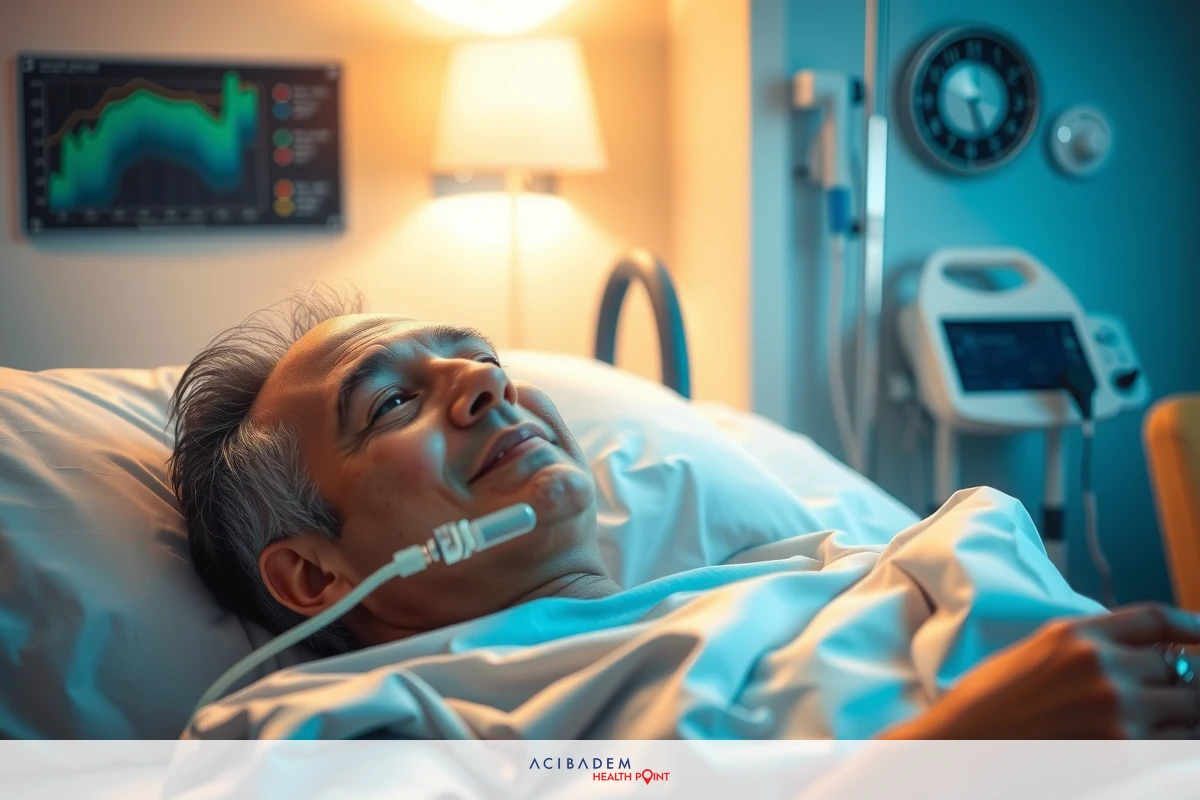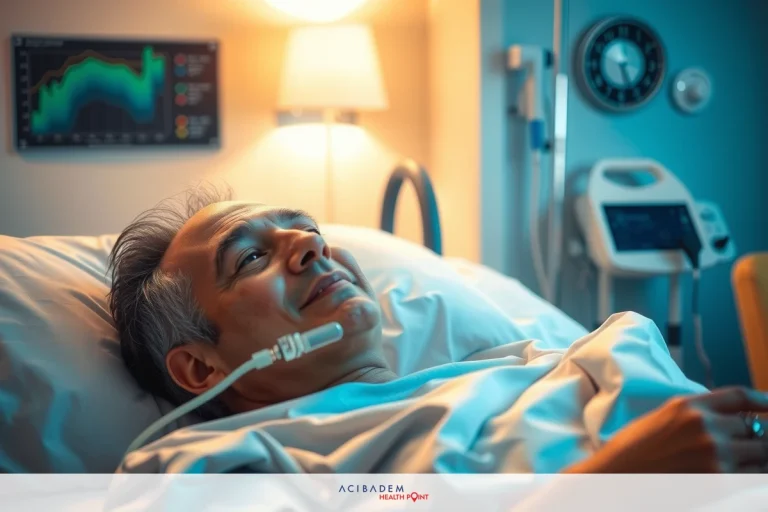Does Smoking Affect Rhinoplasty
Does Smoking Affect Rhinoplasty Smoking, a habit that has been proven beyond any doubt to have adverse health effects, also plays a role in the outcome of rhinoplasty. It isn’t simply about the immediate impact; smoking can influence both the surgical process and post-operative recovery. This is because nicotine in cigarettes constricts blood vessels, which could lead to poor circulation and hence affect healing after surgery.
Understanding this connection between smoking and rhinoplasty is crucial for anyone considering this type of plastic surgery while being a smoker. The correlation lies not only with potential risks during surgery but extends far into the recovery period as well. It’s essential information for patients who are smokers or even thinking about quitting before their procedure.
Why is Smoking Harmful Before Rhinoplasty?
Smoking’s harmful effects on rhinoplasty come into play long before the actual surgery. From a physiological perspective, smoking has been found to constrict blood vessels, thus reducing the flow of oxygen and essential nutrients that are vital for healing post-surgery. The process of rhinoplasty demands a healthy circulatory system; reduced circulation can lead to significant complications during both the operation and recovery phase.
The effect of nicotine on the body’s healing mechanisms cannot be understated in this context. It interferes with your body’s ability to produce collagen – a protein which is critical in wound healing after surgical procedures such as rhinoplasty. Furthermore, carbon monoxide present in cigarette smoke displaces oxygen from red blood cells thereby limiting their capacity to deliver sufficient amounts for tissue repair and regeneration.
It would be remiss not acknowledge how smoking affects anesthesia used during rhinoplasty surgeries as well. Smokers often require higher levels of anesthesia due to increased heart rates caused by nicotine consumption — an aspect that could increase risks during surgery or even prolong your stay at hospital post-procedure. Additionally, smoking increases phlegm production which may escalate breathing difficulties when under general anesthesia.
How Does Smoking Affect the Recovery Period?
The recovery period after rhinoplasty is a crucial time for healing and restoration. If you’re a smoker, this process can be significantly impacted. The chemicals in
cigarettes interfere with your body’s ability to heal, slowing down the overall recovery rate. Nicotine narrows blood vessels which reduces oxygen flow – vital for wound healing – leading to more prolonged and arduous recuperation periods.
Nicotine isn’t the only harmful chemical that smokers need to worry about post- surgery; carbon monoxide also poses significant risks. It binds to hemoglobin in red blood cells much more readily than oxygen does, limiting their ability to transport essential nutrients required for tissue repair and regeneration. Therefore, even though you might have stopped smoking in preparation for surgery, if there’s residual carbon monoxide in your system during recovery, it could exacerbate complications such as infections or necrosis.
Furthermore, smoking increases mucus production and impairs lung function which may lead to longer hospital stays post-rhinoplasty due to potential respiratory issues or secondary infections like pneumonia. Additionally, having an impaired sense of smell from chronic smoking could affect one’s perception of personal hygiene during recovery – an aspect that shouldn’t be overlooked when considering infection prevention measures following rhinoplasty.
What are the Potential Complications of Smoking After Rhinoplasty?

Smoking after rhinoplasty introduces a host of potential complications that can drastically affect the healing process and final results. One notable risk is infection, which may result from the inhibited immune response caused by nicotine. With reduced oxygen levels in the blood due to smoking, your body’s ability to fight off infections is significantly compromised.
Another alarming complication linked with post-rhinoplasty smoking is tissue necrosis or death. The diminished circulation caused by tobacco use deprives tissues of vital nutrients for repair and regeneration. This lack of nutrient-rich blood can lead to tissue damage or even complete loss in severe cases, potentially ruining the aesthetic results aimed through rhinoplasty.
Chronic smokers may also experience respiratory issues following surgery due to increased mucus production. It could cause breathing difficulties which not only prolongs recovery but also increases discomfort during this period.
Remember that these complications aren’t limited only to those who continue smoking right after surgery; even passive secondhand smoke exposure carries similar risks making it crucial for patients to maintain a completely smoke-free environment throughout their recovery period.
Frequently Asked Questions
Can I smoke up until the day of my rhinoplasty procedure?
It's highly recommended to quit smoking at least a few weeks prior to your surgery. This allows your body time to clear out excess nicotine and carbon monoxide, which can otherwise hinder healing post-surgery.
How soon after surgery can I resume smoking?
Ideally, you should consider not resuming smoking at all as it continues posing risks even beyond the recovery period. However, if you must, it's advisable to wait at least several weeks or until complete healing has occurred.
What risks do secondhand smoke pose in the recovery period after rhinoplasty?
Secondhand smoke carries similar risks as direct smoking such as delayed healing and increased risk of complications due to its nicotine content.
Can using nicotine replacement products help during the quitting phase before surgery?
While these products may aid in reducing cigarette cravings, they still contain nicotine which is harmful for surgical recovery. Consult with your surgeon or healthcare provider about safe methods for quitting prior to your procedure.











